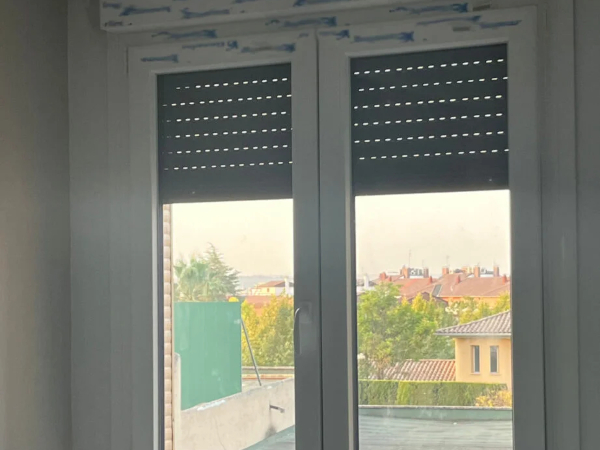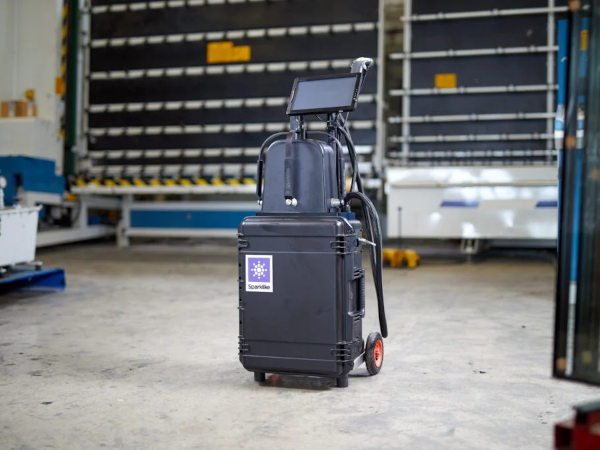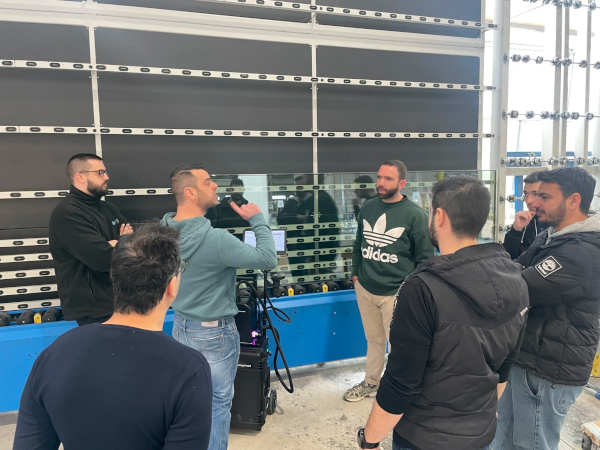Date: 25 July 2005
And that Britain could run out of gas if there was a particularly acute cold snap.
"It was an urgent meeting", says Jeremy Nicholson, the director of the lobby group. "The pricing environment has deteriorated rapidly in recent months and we need to act before the next round of energy supply contracts are agreed in October."
Industry's main concerns are twofold, Nicholson says. Soaring gas prices are undermining the competitiveness of British manufacturers compared with European rivals and ensuring that Britain has enough gas to maintain supply during a cold winter.
The price of UK gas and electricity (which is derived mainly from gas) has doubled in the past 18 months, compared with rises of just 15 per cent in Germany and 40 per cent in France. According to Nicholson this means that "there is something akin to a two-tier market operating in Europe".
He says: "We seem to be paying 50 per cent more for our gas than the Germans and 30 per cent more than the French."
Powergen, the utility company last week blamed an "unprecedented" increase in the wholesale cost of fuel for hiking its gas prices for the fourth time since the start of the year.
Most companies have reacted by passing a portion of the higher costs on to their customers. Thus Pilkington, the glassmaker, has introduced a special energy surcharge for its European building products customers.
Many British manufacturers still find it hard to compete with their European rivals. If the situation persists, Nicholson warns: "Some of the processing industries won't be able to keep operating in the winter if the prices spike as much as we think they will."
One of the main reasons why British industry is paying much more for its gas than Continental rivals is because the UK is the only unregulated gas market in Europe. Much of the European industry is still controlled by state-owned monopolies.
Also, the UK has become increasingly dependent on natural gas from continental Europe as its own supplies of North Sea gas dwindle. When demand for gas is high during cold weather, it has to be imported via cross-Channel pipelines, notably the interconnector, a two-way pipe that imports gas from Europe.
Many in the UK energy sector suspect that European companies have contributed to recent price rises by deliberately withholding supplies during times of shortage.
However, three separate inquiries - by the Government, Parliament and Ofgem, the energy regulator - have failed to unearth any evidence of market manipulation.
Nevertheless, the European Commission has responded to the concerns by launching its own inquiry into possible anti-competitive practices in European energy markets. Submissions to Brussels by industry are due in at the end of this month.
Whatever the eventual outcome of this, time is running short for Britain's manufacturing industry if it is to keep operating this winter. With forward gas prices for the winter trading at record levels, companies face having to pay substantially more for gas when they renew their energy supply contracts later this year.
Recent data from Energy Advice, which provides pricing data to the Department of Trade and Industry among others, shows that this time last year industrial users were paying between 30p and 35p per therm when renewing their annual contracts. Today, companies are paying as much as 58p per therm for new contracts.
The price of gas for delivery in the coming winter months is even higher. Earlier this month, the price for gas for delivery in the first quarter of next year reached almost £1 per therm. This compares with a price of around 32p per therm for gas last week. As a result, companies like Ineos Chlor, a multinational chemicals manufacturer, have decided not to commit to buying gas supplies for the winter months.
"The fundamental problem here has been with the forward market for gas, which is why a lot of companies like us went through last winter buying gas on the spot market," says Tom Crotty, the chief executive. "Forward prices for this winter are just a nonsense."
So what would happen in a severe cold snap? The interconnector - the pipeline which runs from Bacton in the UK to Zeebrugge - is designed to supply gas to the location where there is the highest demand and price but it has not always proved to be 100 per cent reliable. Earlier this year for example, when wholesale gas prices in the UK hit £2 per therm in the first week of March, the interconnector was still exporting gas to Europe rather than bringing it in.
More on the source link....









Add new comment